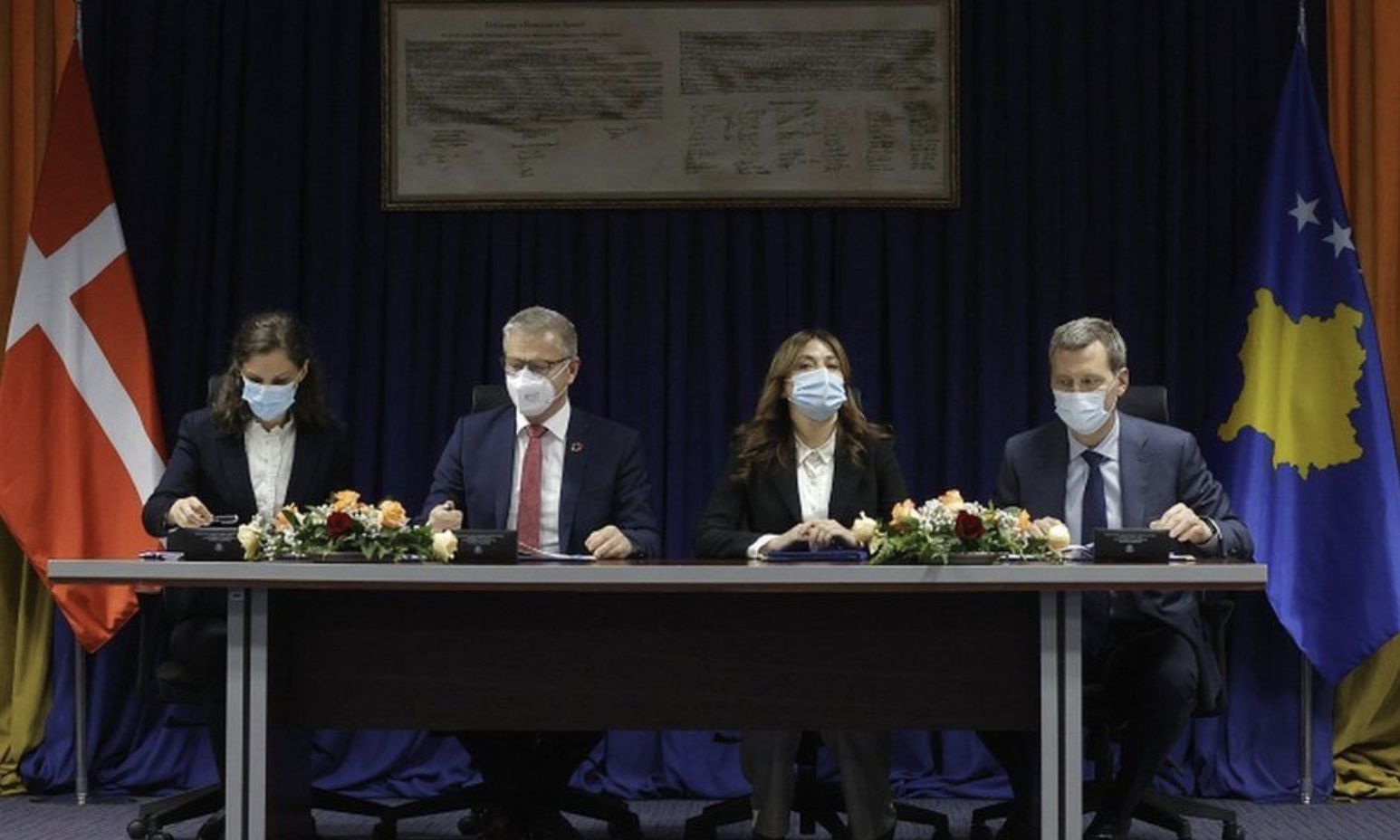To relieve overcrowding in Denmark’s prisons, Kosovo has agreed to rent 300 prison cells to the Scandinavian country. Denmark will pay a €15 million (£12.8 million) yearly charge for the first five years, as well as contribute to the country’s green energy fund.
The rented cells will be used to house non-EU prisoners who will be deported from Denmark after serving their sentences. Any convicts in the rented cells would be subject to Danish law.
In Kosovo, there are between 700 and 800 unoccupied prison cells. On Monday, the two countries signed a “political declaration” of purpose that will last for the upcoming five years, as per a joint statement.
Kosovo will get €210 million over the next ten years for renting the prison in Gjilan, which is 50 kilometres (30 miles) from the capital, Pristina. On Tuesday, Danish ministers were scheduled to visit the prison.
“[The agreement] will free up space in our prisons and relieve pressure on our prison officers while also sending a clear message to third-country nationals facing deportation: Your future does not lie in Denmark, and you must not serve time here,” said Danish Justice Minister Nick Haekkerup in a statement.
Activists in both nations have criticised the proposal, claiming that Denmark should not be shipping undesirable foreign offenders to other countries or far away from their relatives.
“We’ve done everything we can to make sure everything is legal. The same rules will apply as in Denmark’s prisons “According to the minister.
“Visitors will still be able to visit deported inmates, though it will be tough.”
According to Kosovo’s Justice Minister Albulena Haxhiu, those moved to Kosovo would not be high-risk inmates. No one will be transported to Kosovo if they have been convicted of terrorism or have a fatal disease.
The deal must be adopted by a two-thirds majority in Kosovo’s parliament.
Norway and Belgium have previously hired jail cells in the Netherlands, so the concept of exporting inmates is not new in Europe.
The number of prisoners in Denmark has gone up in recent years, while the number of prison guards has decreased.
In Denmark, the number of convicts has increased from 3,400 to 4,200 since 2015, while prison guards have decreased from 2,500 to 2,000.
Mr Haekkerup predicted that Denmark would run out of prison beds by 2025.
Denmark has taken a harsh approach on immigration in recent years, imposing dozens of restrictions, including the separation of young asylum-seeking couples.
In a landmark impeachment trial last week, a former immigration minister was convicted guilty of illegally separating the couples.
